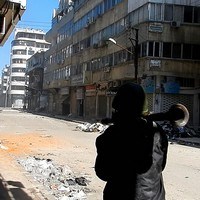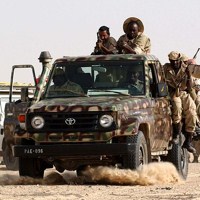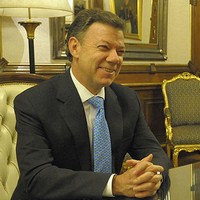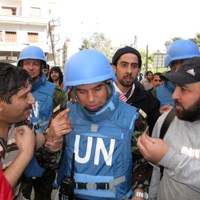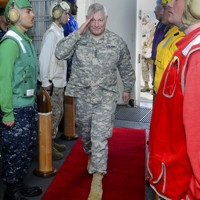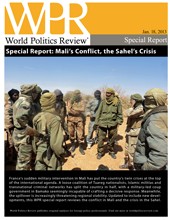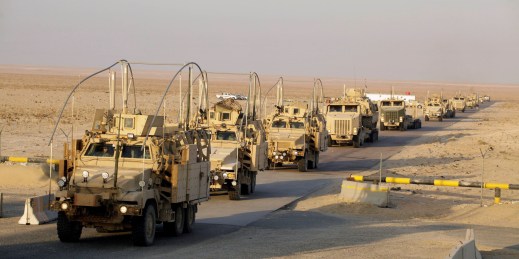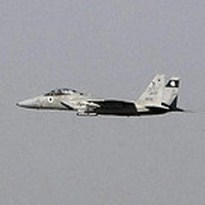
Amid fears that Syrian President Bashar al-Assad will pass weapons systems to the Lebanese military group Hezbollah, Israel apparently carried out an airstrike within Syria last night. Regional officials told news outlets that Israel appeared to be targeting a convoy carrying SA-17 anti-aircraft missiles near the border with Lebanon, though Syria claimed Israel targeted a research facility near the capital, Damascus. “The Israelis have always been sensitive to any increase in Hezbollah’s anti-aircraft capability,” Jeffrey White, defense fellow at the Washington Institute for Near East Policy, told Trend Lines, noting that Israel has already suffered some losses due to surface-to-air […]

